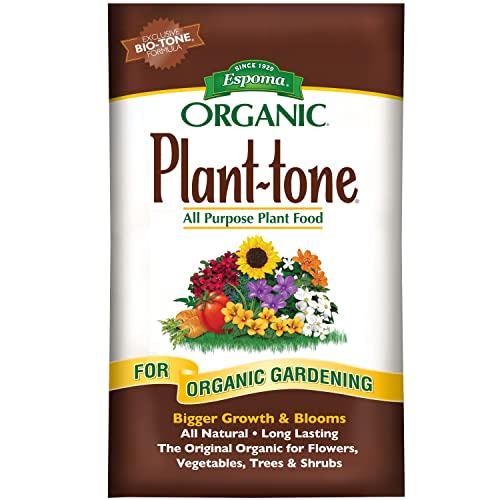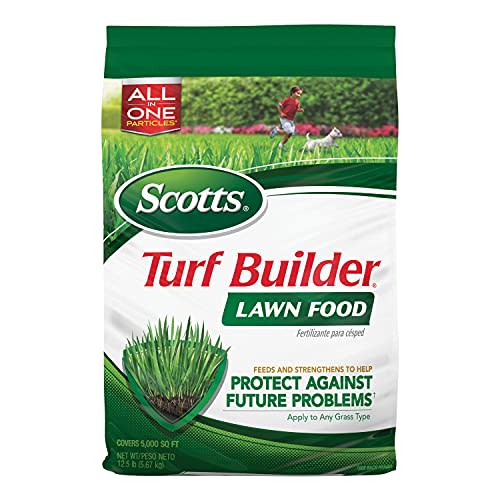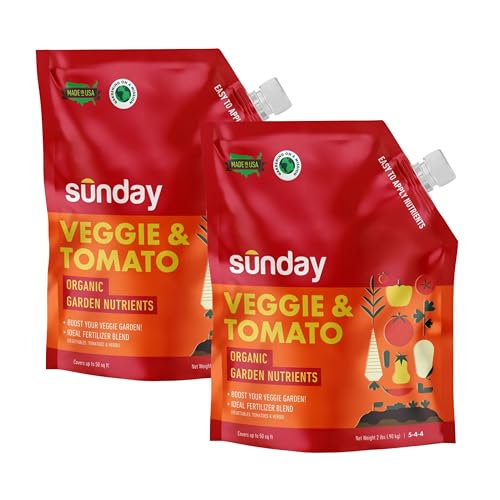If you’re looking to start gardening, essentials like raised garden beds, pruning shears and sun hats will make maintaining a lush vegetable garden or healthy lawn much easier. Whether you’re a novice or a garden pro, finding the best fertilizer for your soil is also incredibly important. That’s because fertilizer is what helps your seedlings sprout and continue to flourish over time. If you end up choosing the wrong fertilizer or don’t use it properly, it could prevent your garden from growing efficiently and damage your plants, according to the gardening experts we spoke to.
I spoke with multiple gardening experts for their insight and product recommendations for the best fertilizers for lawns, flower beds and vegetable gardens.
SKIP AHEAD How we picked the best fertilizers | The best fertilizers of 2024 | How to shop for fertilizers | Why trust NBC Select?
Selected.
Show 0 More
Show Less
What is fertilizer?
Fertilizer is a chemical substance that functions as nutrients for plants. Similar to light exposure, fertilizer is a necessity for ensuring that your plants thrive and grow efficiently. “The main purpose of fertilizers is to feed the plants so they can establish themselves, grow, bloom and be strong enough to resist pests and disease,” says Carmen DeVito, a professional garden designer. “Good fertilizer also enriches the soil and helps the microorganisms so they can help the plants take up the nutrients they need from the soil.” Fertilizers are made from both natural substances such as compost, bone meal and manure and artificial ones made from nitrogen or phosphate. Natural and artificial fertilizers are also referred to as organic and inorganic, respectively.
How we picked the best fertilizers
There are several factors to think about when choosing a fertilizer for your garden. Here’s what our experts recommend keeping in mind:
Organic and non-organic: Fertilizers are either organic or non-organic (sometimes called synthetic, chemical or artificial), according to Julie Bawden-Davis, the author of multiple gardening manuals. “The difference between these two types of fertilizers is that organic fertilizers are derived from natural ingredients found in nature, whereas chemical fertilizers are man made,” she says. One isn’t necessarily better than the other, but their ingredients are different. “Chemical fertilizers also tend to be much stronger than organic fertilizers, and as such must be used with more care and caution, as too much chemical fertilizer can burn plant roots and damage them.” We included both organic and inorganic fertilizer options in our list, since they both have their own benefits.
Complete vs. incomplete: Fertilizers come in both complete and incomplete versions (sometimes called single-ingredient). This means that they have all or a portion of the foundational macronutrients, which includes nitrogen, phosphorus and potassium, often noted on the label as NPK or in the form of three numbers separated by a dash. The portion of each ingredient is noted on the bag in percentages. As an example, a bag that has: 5-10-5 on it has 5% nitrogen, 10 % phosphorus and 5% potassium. While complete fertilizers have all of the necessary macronutrients, incomplete fertilizers are beneficial because they often have more micronutrients (such as iron), according to Bawden-Davis, which also helps strengthen some plants. We included both complete and incomplete fertilizers in our list, as they both provide different needs to plants, according to our experts. Most of our selects, however, are complete fertilizers as they’re better for novice gardeners.
Plant type: We also considered what types of fertilizers are good for plants, flowers, vegetables and landscapes, respectively. Fertilizers commonly come in mixes formulated for particular types of crops, each one with a different ratio of the three main macronutrients mentioned above, according to DeVito. Flowers, fruits, vegetables and lawns all require their own ratio of these ingredients. You can even find fertilizers that are formulated for individual types of flowers, like hydrangeas and roses.
The best fertilizers of 2024
All of the fertilizers below are either direct recommendations from our experts or are highly rated on Amazon with at least a 4-star average review from 500 reviews or more.


